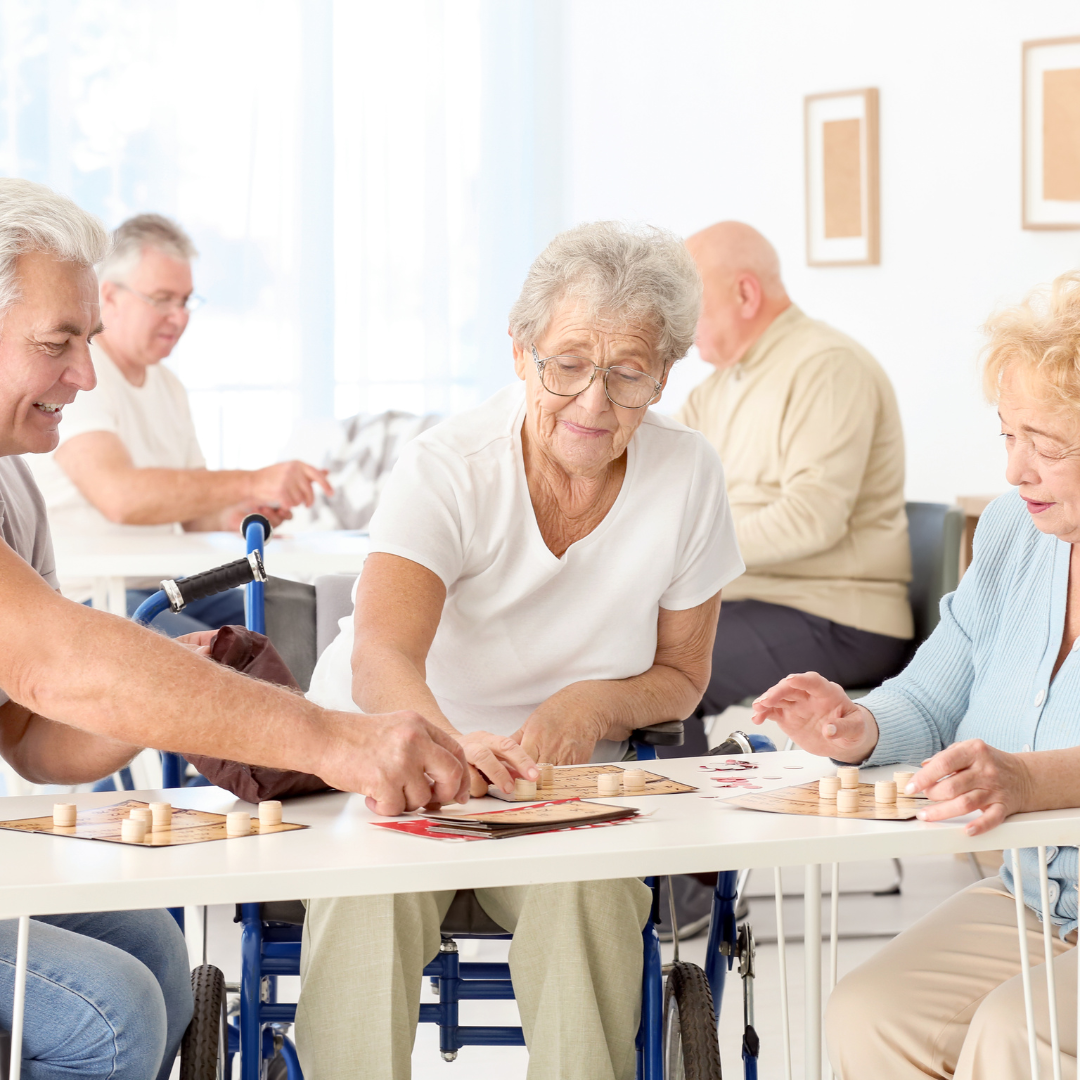Support Groups for Alzheimer's Caregivers: Finding Strength in Community

Alzheimer's disease is a progressive neurodegenerative disorder that not only affects the individuals diagnosed but also has a profound impact on their caregivers. The emotional, physical, and financial toll of caring for someone with Alzheimer's can be overwhelming. In the face of such challenges, support groups emerge as invaluable resources, providing a lifeline for caregivers seeking understanding, guidance, and solace in their journey.
The Burden of Alzheimer's Caregiving
Caring for a loved one with Alzheimer's presents a unique set of challenges. As the disease progresses, individuals with Alzheimer's often experience cognitive decline, memory loss, changes in behavior, and difficulty with everyday tasks. These symptoms can result in increased dependency on caregivers for even the most basic activities of daily living.
The responsibilities of caregiving can be all-encompassing, requiring constant attention and vigilance. Many caregivers find themselves juggling multiple roles, from managing medical appointments and medications to assisting with personal care and household tasks. The emotional toll of witnessing a loved one's decline can be profound, leading to feelings of grief,
frustration, and isolation.
Furthermore, the financial strain of Alzheimer's caregiving should not be underestimated. Caregivers may need to reduce their working hours or leave their jobs entirely to provide full-time care, resulting in loss of income and benefits. Additionally, the cost of medical care, home modifications, and specialized services can quickly add up, placing further strain on already stretched budgets.
The Importance of Support
In the face of these challenges, support groups offer a vital lifeline for caregivers. These groups provide a safe and understanding environment where individuals can share their experiences, fears, and frustrations without judgment. Being able to connect with others who are on a similar journey can be incredibly validating and reassuring, helping caregivers realize that they are not alone.
Support groups also offer practical advice and information on managing the day-to-day challenges of caregiving. From tips on effective communication strategies to recommendations for respite care services, support group members can share valuable insights gleaned from their own experiences. This exchange of knowledge can empower caregivers to better navigate the complexities of Alzheimer's care and improve the quality of life for both themselves and their loved ones.
Moreover, support groups serve as a source of emotional support and encouragement. Caregivers can lean on one another for empathy, understanding, and solidarity during difficult times. The sense of camaraderie fostered within these groups can provide much-needed reassurance and motivation to persevere in the face of adversity.
Finding the Right Support Group
Finding the right support group is crucial for caregivers seeking to maximize the benefits of community-based care. Fortunately, there are a variety of options available to suit different preferences and needs:
Local Support Groups: Many communities offer in-person support groups specifically tailored to Alzheimer's caregivers. These groups may meet regularly at community centers, churches, or healthcare facilities, providing a convenient and accessible option for those seeking face-to-face interaction and support.
Online Support Groups: For caregivers who may have difficulty attending in-person meetings due to scheduling constraints or mobility issues, online support groups offer a flexible alternative. These virtual communities provide a platform for caregivers to connect with others from the comfort of their own homes, sharing experiences, resources, and advice through online forums, chat rooms, and video conferencing.
Specialized Support Groups: Some support groups cater to specific demographics or caregiving situations, such as groups for spouses, adult children, or caregivers of individuals in the early stages of Alzheimer's. These specialized groups can provide targeted support and tailored resources to address the unique needs and challenges faced by different caregiver populations.
Professional Support Groups: In addition to peer-led support groups, caregivers may also benefit from joining professionally facilitated groups led by trained counselors, social workers, or healthcare professionals. These groups may offer structured programming, educational workshops, and therapeutic interventions designed to enhance coping skills, stress management, and resilience.
The Benefits of Peer Support
Research has consistently shown that participation in support groups can have numerous positive effects on caregivers' well-being and quality of life. Studies have found that caregivers who engage in support groups report lower levels of stress, depression, and anxiety, as well as greater feelings of empowerment, social connectedness, and overall satisfaction with their caregiving role.
Furthermore, support group participation has been linked to improved caregiving skills, enhanced problem-solving abilities, and greater resilience in the face of adversity. By connecting with others who have walked a similar path, caregivers can gain valuable insights, perspectives, and coping strategies to navigate the ups and downs of Alzheimer's care more effectively.
Conclusion
Caring for a loved one with Alzheimer's can be one of life's greatest challenges, but it doesn't have to be faced alone. Support groups provide a vital source of strength, solidarity, and support for caregivers, offering a safe space to share experiences, exchange advice, and find solace in the company of others who understand.
Whether in-person or online, peer-led or professionally facilitated, support groups offer caregivers a lifeline in their journey through Alzheimer's care. By tapping into the collective wisdom and compassion of the caregiving community, caregivers can find the strength, resilience, and hope needed to navigate the challenges of Alzheimer's with courage and grace.
Contact us today at Home Matters Caregiving to find the support you need in caring for a loved one with Alzheimer's. Whether you're seeking a local support group, online community, or specialized resources, our team is here to help. Together, we can navigate the challenges of Alzheimer's caregiving with strength, resilience, and compassion. You don't have to face this journey alone. Contact us today to learn more about our services and support options.


